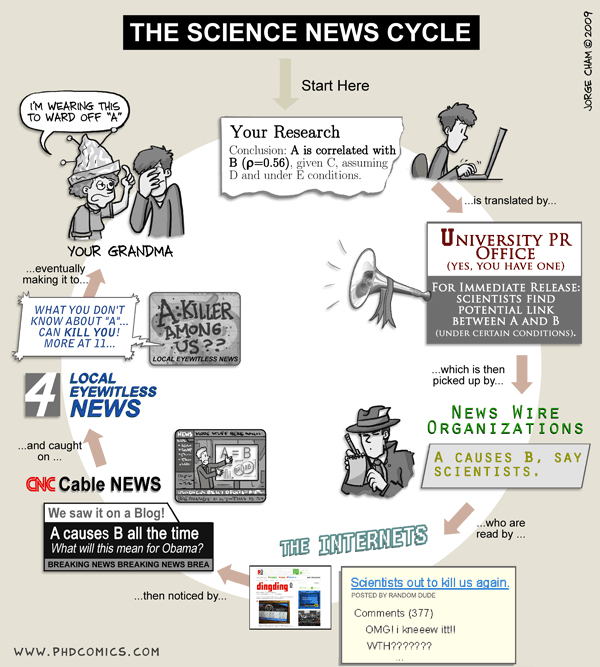Deranged DPRK bomb test boast audio search
I'd be interested to know if any clever net-wranglers who read Language Log could provide a link (I haven't found one) to non-overdubbed audio of the official broadcast announcement of the Democratic People's Republic of Korea's recent nuclear test. The BBC played a little bit of it, and it was truly astonishing. High pitched, over-the-top emotional, and bombastic in a kind of frantic way that sounded utterly ludicrous. Not just like a squeaky and histrionic Korean voice bragging in a deranged kind of way, but like a Saturday Night Live sketch depicting a squeaky and histrionic Korean voice bragging in a deranged kind of way. It was creepy, but I'd sort of love to hear it again. No I wouldn't… Perhaps I would. I don't know. Give the link in the comments area if you can find one, and I'll think about whether it's too creepy to listen to.



